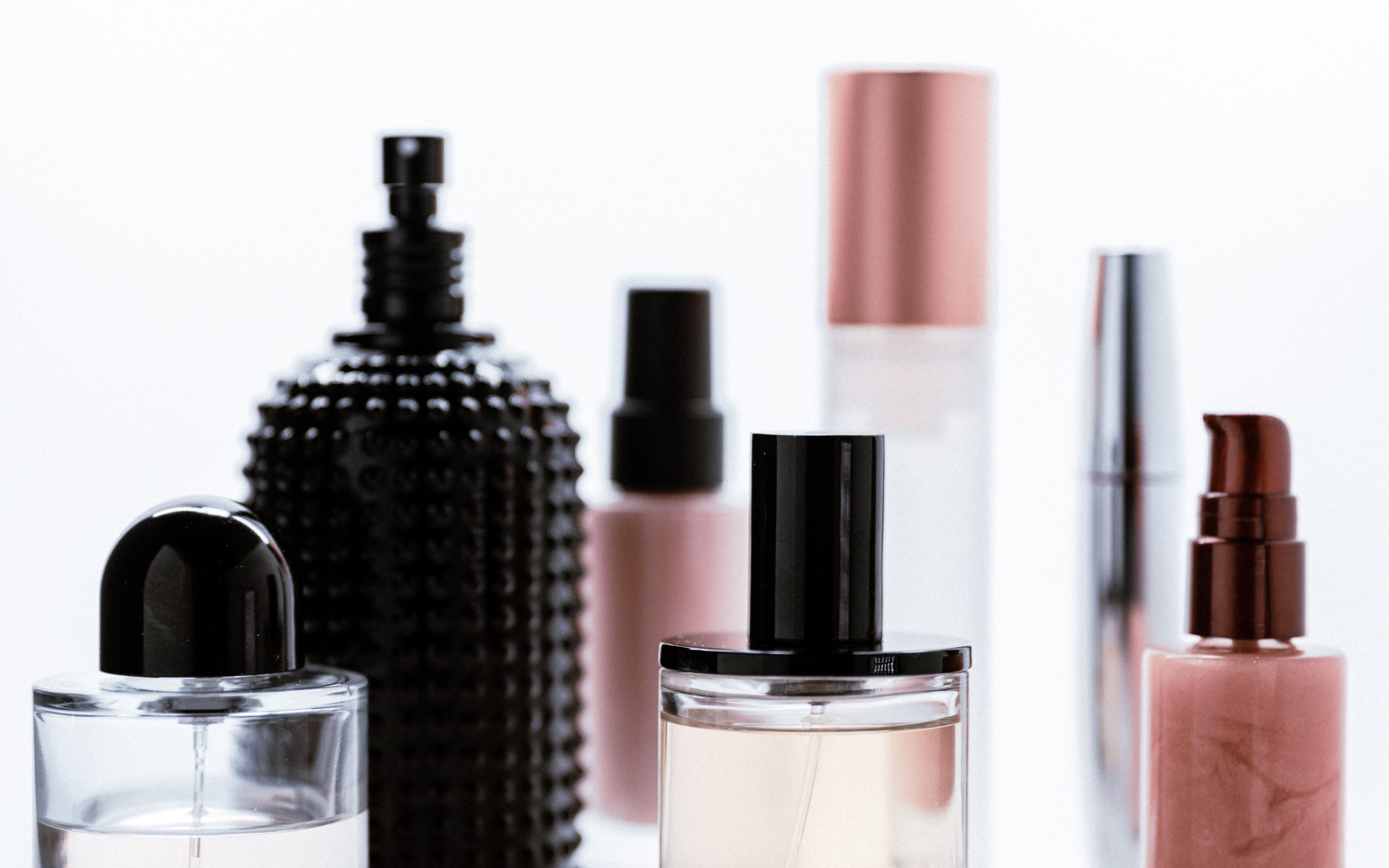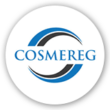COSMETIC REGULATIONS CANADA AND REGISTRATION CNF SERVICES
Cosmetic regulations Canada and registration CNF are regulated by Health Canada, a federal institution that helps to maintain and standardize the health of Canadian citizens.
- Accurate Label Review
- Fast Turnaround
- 9 Years of experience
COSMETIC REGULATIONS CANADA AND REGISTRATION CNF SERVICES
Similar to the FDA in the United States, Health Canada oversees cosmetics manufacturing and distribution under the Food and Drug Act and Cosmetic Regulation Laws. Many of the regulations may look similar to the requirements of the FDA, but there are a few key differences in content and procedure that manufacturers looking to sell in both the U.S. and Canada must make note of. Cosmetic registration CNF is mandatory.
Cosmereg can assist you with all of Canadian’s cosmetic regulations and requirements, whether you’re manufacturing in Canada or importing products into Canada.

CANADA CLASSIFICATION AND REGULATION
Cosmetic Regulations Canada law also supplies detailed requirements for the production, distribution and sale of cosmetic products, including rules for labelling, storage, and requisites for some ingredients. Our team can help you interpret these laws and make sure your products follow the Canadian laws.

COSMETIC-DRUG INTERFACE

RISK ASSESSMENT
Health Canada’s Consumer Product Safety Program is in place to make sure that products will not cause damage when used as instructed and intended on the label. The assessment also takes into consideration any injury or consequences that may occur when the product is used in an unintended manner, and how severe those consequences might be. Here at Cosmereg, we will help you label your products correctly in accordance to these safety concerns.

INGREDIENTS AND LABELLING
And, Labels in Canada must clearly and specifically list all the ingredients used in the product. They must be clear and consistent, and reflect the established standards. In some cases, such as botanical ingredients, there is an additional category on the label for compounds. The label must establish if the product can cause injury to the human body. The label must be in both English and French when not using terms applied by the International Nomenclature of Cosmetic Ingredients. Cosmereg is equipped to help you list all the ingredients properly and according to the law.

COSMETIC REGISTRATION CNF

IMPORTATION
DON’T KNOW WHAT TO CHOOSE?
Contact us today for a free consultation
FAQ
Cosmetics in Canada are regulated according to the Cosmetic Regulations and the Food and Drugs Act. This states that any cosmetics distributed in Canada must be manufactured, packed and stored under hygienic conditions. It is the responsibility of both the manufacturer and the distributer to notify Health Canada of the sale of the product, along with a list of its ingredients.
CNF stands for Cosmetic Notification Form. This is the way in which those who produce or sell cosmetic products must notify Health Canada of their sale. According to Section 30 of the Cosmetic Regulations, Health Canada must be notified within 10 days of the first sale of a cosmetic product in Canada. Failure to notify Health Canada may result in a product being denied entry into Canada or removed from sale.

WE OFFER OTHER CANADA SERVICES



